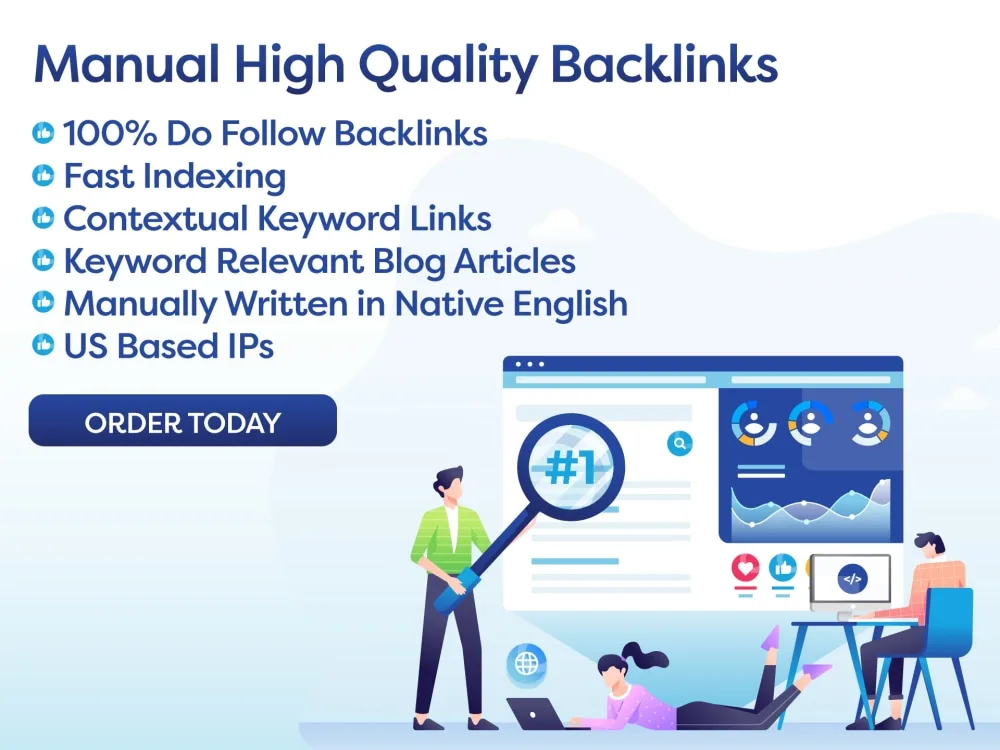Unlock the power of keyword research to propel your website to the top of search engine results. Learn expert strategies and tips.
Table of Contents
Understanding the Importance of Keyword Research
Introduction to Keyword Research
Hey there! Welcome to the exciting world of keyword research! In this part, we’ll embark on a journey to uncover the secrets behind driving more traffic to your website through the power of keywords. So, what exactly is keyword research? It’s like being a detective, but instead of solving mysteries, you’re uncovering the words and phrases that your potential audience is using to find content like yours online.
Why Keyword Research Matters for SEO
Now, you might be wondering, why does keyword research even matter? Well, imagine this: You have an amazing website offering top-notch products or services, but if nobody can find it, it’s like having a hidden gem in the middle of nowhere! That’s where keyword research swoops in to save the day. By understanding what your audience is searching for, you can optimize your website to show up in their search results, bringing in more visitors, leads, and ultimately, customers.
The Role of Keywords in Search Engine Rankings
Keywords are the breadcrumbs that lead search engines straight to your doorstep. They’re the secret sauce that helps Google and other search engines understand what your website is all about. When you sprinkle the right keywords throughout your content, meta tags, and other elements of your website, you’re signaling to search engines that your site is a relevant and authoritative source on a particular topic. And the more relevant and authoritative your site appears, the higher it’s likely to rank in search engine results pages (SERPs). So, let’s roll up our sleeves and dive into the fascinating world of keyword research!
Fundamentals of Keyword Research
Defining Your SEO Goals
Before we dive headfirst into keyword research, let’s take a moment to define your SEO goals. What are you hoping to achieve with your website? Are you looking to increase brand awareness, drive more traffic, or boost sales and conversions? By clarifying your objectives, you’ll be better equipped to choose the right keywords that align with your overall business goals.
Identifying Seed Keywords
Now, let’s get down to the nitty-gritty of keyword research! It all starts with identifying your seed keywords—the basic building blocks of your keyword strategy. These are the broad terms or phrases that are directly related to your business or industry. Think of them as the foundation upon which you’ll build your keyword empire. So, grab a pen and paper (or your favorite keyword research tool) and start brainstorming a list of relevant seed keywords that represent your business.
Expanding Your Keyword List with Variations
Once you’ve got your seed keywords locked in, it’s time to start expanding your keyword list with variations and long-tail keywords. Long-tail keywords are longer, more specific phrases that typically have lower search volumes but higher conversion rates. They’re like the secret weapons of keyword research, helping you target niche audiences and capture valuable traffic. So, don’t be afraid to think outside the box and explore different variations of your seed keywords to uncover hidden gems that your competitors might be overlooking. Ready to dive deeper? Let’s go!
Advanced Keyword Research Techniques
Utilizing Keyword Research Tools
Now that you have a solid foundation of seed keywords, it’s time to supercharge your keyword research with the help of advanced tools. There are plenty of fantastic keyword research tools out there, such as Google Keyword Planner, SEMrush, Ahrefs, and Moz Keyword Explorer, to name a few. These tools provide valuable insights into keyword search volumes, competition levels, and related keywords. By leveraging these tools, you can uncover new keyword opportunities, analyze your competitors’ strategies, and fine-tune your own keyword strategy for maximum impact.
Analyzing Keyword Difficulty and Search Volume
As you delve deeper into keyword research, it’s essential to consider factors like keyword difficulty and search volume. Keyword difficulty measures how challenging it is to rank for a particular keyword, taking into account factors like competition and domain authority. On the other hand, search volume indicates how often a keyword is searched for on average each month. By analyzing these metrics, you can identify high-opportunity keywords with a good balance of search volume and manageable competition, allowing you to prioritize your efforts and focus on the keywords that offer the most potential for success.
Understanding User Intent and Search Trends
In addition to keyword metrics, it’s crucial to understand user intent and search trends when conducting keyword research. User intent refers to the underlying motivation behind a search query—what the user is looking for and hoping to achieve. By aligning your keyword strategy with user intent, you can create content that meets the needs of your target audience and delivers valuable answers and solutions. Similarly, keeping an eye on search trends and emerging topics can help you stay ahead of the curve and capitalize on timely opportunities.
So, keep your finger on the pulse of your industry and adapt your keyword strategy accordingly to stay relevant and competitive in the ever-changing landscape of search. Ready to take your keyword research to the next level? Let’s dive in!
Navigating Common Questions and Challenges in Keyword Research
FAQ 1: How do I choose the right keywords for my website?
Answer: Choosing the right keywords for your website involves a combination of factors, including relevance to your business, search volume, competition, and user intent. Start by brainstorming a list of seed keywords that are directly related to your products or services. Then, use keyword research tools to expand your list, analyze metrics like search volume and competition, and prioritize keywords that align with your goals and target audience.
FAQ 2: Can I do keyword research without using paid tools?
Answer: While paid keyword research tools offer advanced features and insights, you can still conduct effective keyword research using free tools like Google Keyword Planner, Google Trends, and Ubersuggest. These tools provide valuable data on keyword search volume, trends, and related keywords, allowing you to uncover valuable insights and opportunities without breaking the bank.
FAQ 3: How often should I update my keyword strategy?
Answer: Keyword research is an ongoing process that requires regular monitoring and adjustment. As search trends, user behavior, and competition evolve, it’s essential to revisit your keyword strategy periodically to ensure it remains aligned with your goals and targets. Aim to review and update your keyword strategy at least once every few months or whenever significant changes occur in your industry or target market.
FAQ 4: What are long-tail keywords, and why are they important?
Answer: Long-tail keywords are longer, more specific phrases that typically have lower search volumes but higher conversion rates. While short-tail keywords are broader and more competitive, long-tail keywords are more targeted and allow you to reach niche audiences with specific needs or preferences. By targeting long-tail keywords, you can attract highly qualified traffic and improve your chances of converting visitors into customers.
Ready to tackle your keyword research challenges like a pro? Armed with these answers to common questions, you’ll be well-equipped to optimize your website for success in the competitive world of search. Keep experimenting, refining, and adapting your keyword strategy to stay ahead of the curve and drive meaningful results for your business. Happy keyword hunting!



